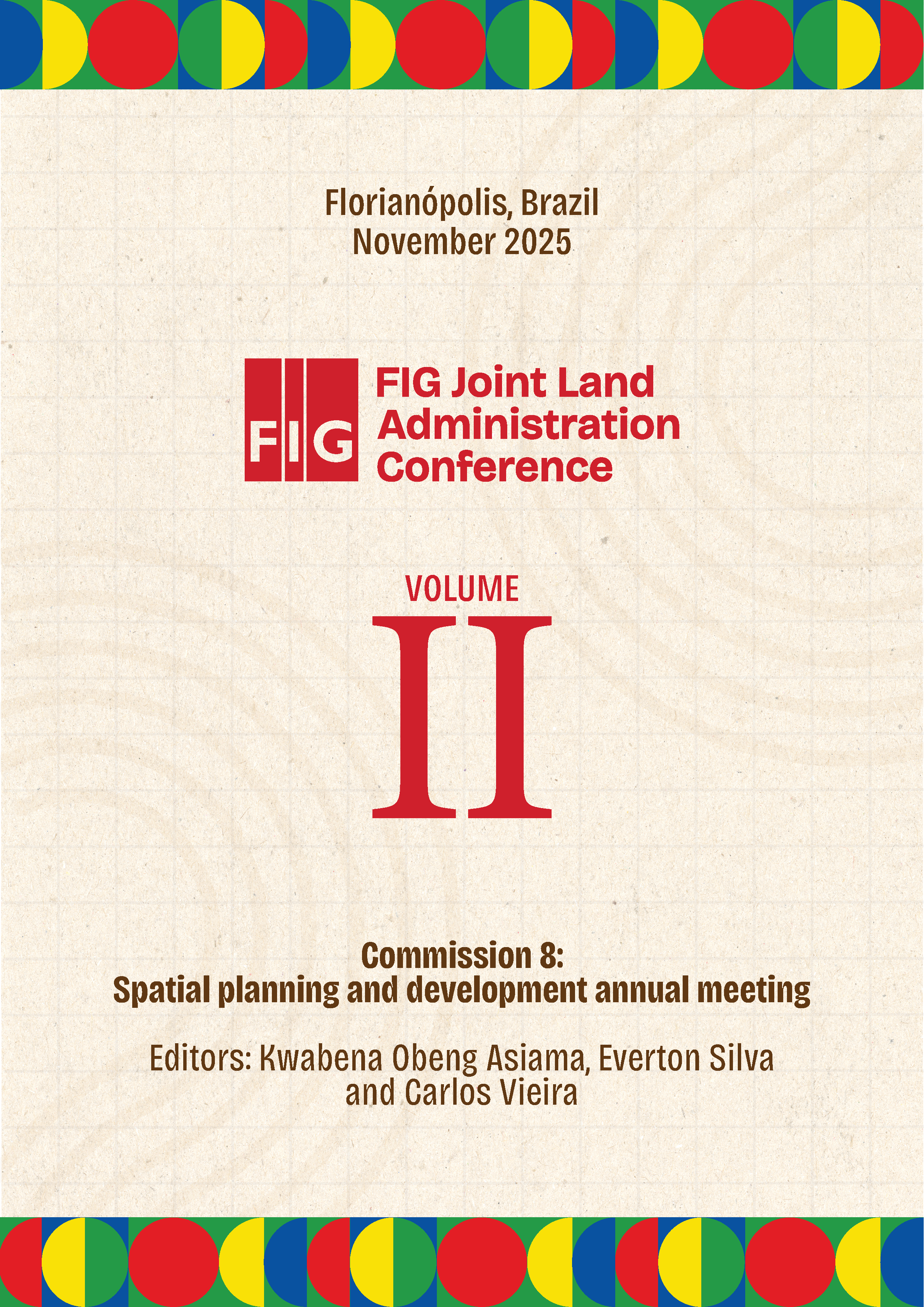Urban partnership operations in Brazil: potentials, contradiction
Palavras-chave:
Urban Partnership Operations, Multipurpose Cadastre, Land Administration, Domain Model, Urban Governance, Urban PolicyResumo
Urban Partnership Operations (UPOs) are among the key instruments established by the Brazilian City Statute (Federal Law No. 10,257/2001), designed to promote urban redevelopment, planned densification, and land value capture through partnerships between public authorities and private actors. Despite their transformative potential, the literature highlights significant limitations and contradictions in practice, such as the predominance of real estate interests over collective benefits, weak mechanisms for social participation, and the spatial concentration of investments. This article expands the debate by proposing the integration of technical tools — particularly the Multipurpose Cadastre (CTM) and the Land Administration Domain Model (LADM) — as supports for UPO management. Methodologically, the study adopts an analytical and comparative approach, discussing the applicability of these models in planning, definition of financial counterparts, monitoring, and transparency. The findings suggest that the articulation between Multipurpose Cadastre and LADM can overcome information fragmentation, strengthen urban governance, and enhance the social legitimacy of UPOs, thus bringing them closer to the principles of social justice and the social function of the city


